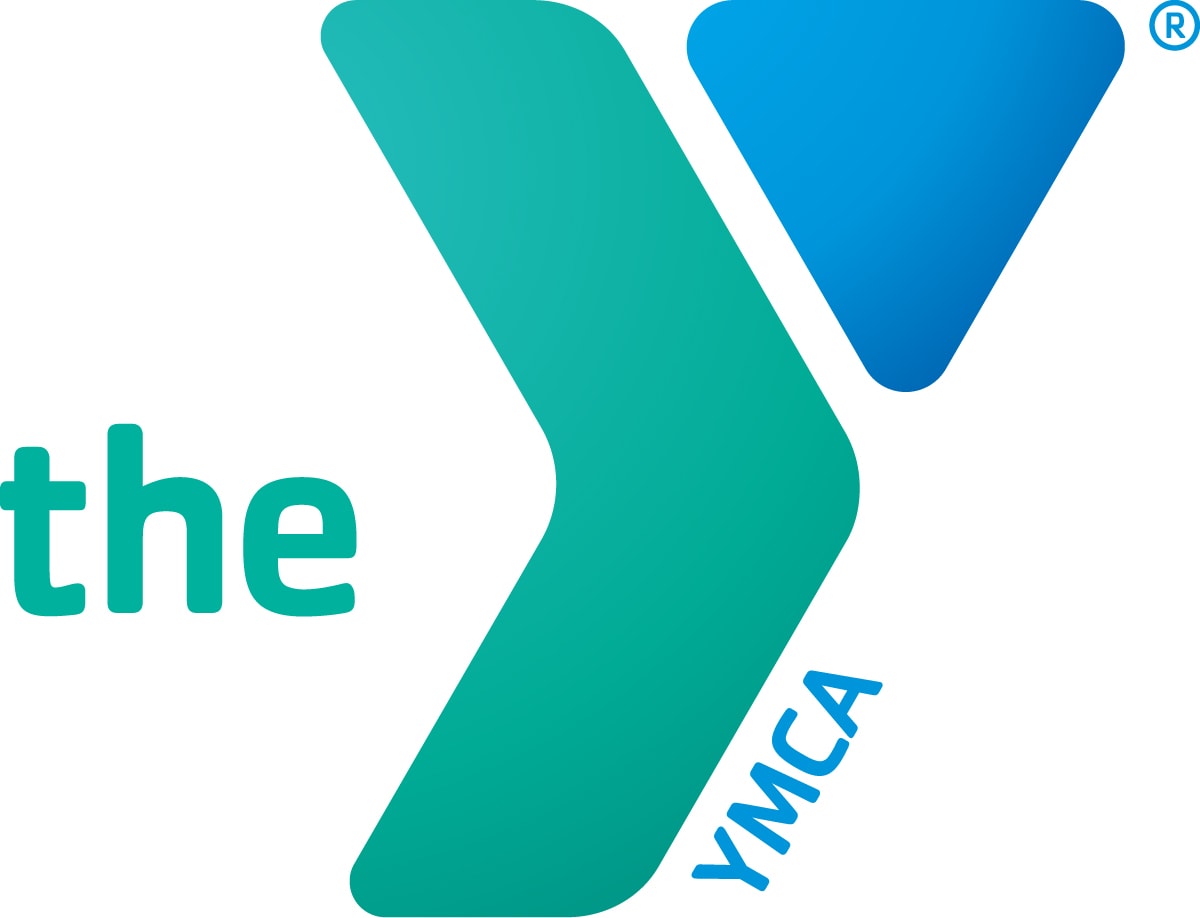By Guest Blogger Jasmine DeJesus, Assistant Professor of Psychology at UNCG and director of the UNCG Development, Culture, and Health Lab
Has your child ever rejected a food you offered them? The answer is probably yes! Picky eating is a very common childhood experience. If you have multiple children, you may have experienced one of your children happily eating lots of different foods, while another seems to reject everything, even though they are in the same environment!
In a 2015 study conducted in the Netherlands, almost half of the more than 4,000 children in the study demonstrated picky eating sometime between 1.5 and 6 years. Most children who were picky eaters in the preschool years were no longer picky by age 6, with picky eating behavior typically reducing within 3 years.
What we study
Even though picky eating is a very common behavior, we still know very little about why it emerges or how to best handle it. At the UNCG Development, Culture, and Health Lab, we are interested in learning more about how we think about food. Why are some children picky eaters and others aren’t? How does this experience impact parents? Figuring out how to feed a picky eater is challenging since mealtime can’t be avoided and the conflict can’t be put off for another day. Even if most children’s picky eating reduces after three years, that is a long time to deal with conflict!
Infants’ and toddlers’ reaction to unfamiliar foods
Because picky eating emerges early in childhood, we are currently studying infants’ and toddlers’ reactions to unfamiliar foods. We are running a two-session study on Zoom so that we can observe infants and toddlers (6- to 24-months old) while they eat foods they have not tried before. Parents will receive a $5 Amazon gift card for completing the first session and a $10 Amazon gift card for completing the second session.
In each session, we ask parents to pick an unfamiliar food (different foods in each session) and try offering it to their infants or toddlers. We also ask parents to fill out a few online questionnaires so that we can learn more about your baby and your family. Each session lasts for about 20 minutes and parents can choose any unfamiliar foods they are comfortable offering to their child.
Anyone whose children are in our target age range (6- to 24-months) and are eating solid foods can participate! We are looking for families with lots of different food experiences, so whether your child is a picky eater or eats anything you offer them, those are all experiences that we are interested in learning more about!
If you are interested in participating in this study, please fill out the screening questionnaire here. After you complete the screener, our research team will contact you about setting up a Zoom appointment.
Children’s food preferences and beliefs
We are also interested in 3- to 12-year-old children’s experiences with food and eating. In some of our past research, we have found that children often mention foods they don’t like (such as broccoli or tomatoes) when we ask them what is gross or disgusting. In ongoing and future studies we are interested in learning more about what children think it means to be a picky eater and what emotions children think are related to food rejection. If you are interested in signing up for these and related projects, please fill out the screening questionnaire here. Some of our studies are on Zoom, but we are looking forward to welcoming families back to our campus lab at UNCG soon!
Want to learn more?
If you are interested in learning more about our work or research on child development, follow us on Facebook and Instagram (@UNCGdevculturehealth). We post weekly features from our child development classes and post whenever we have a new study or event. We also post features about our team so you can get to know the people behind the scenes of our scientific findings!
- Sponsored by UNCG Development, Culture and Health Lab
Want to see more blogs like this and get notifications on local events and happenings? Subscribe to Triad Moms on Main’s free weekly newsletters here.










